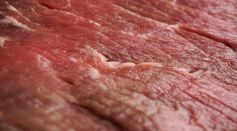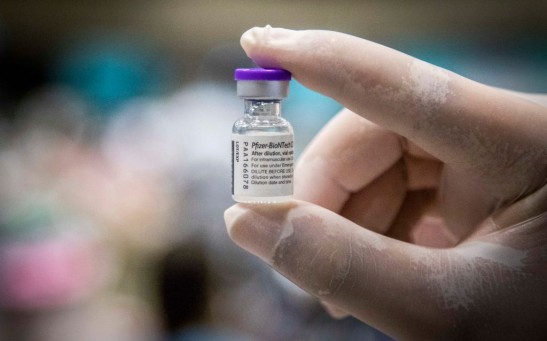MEDICINE & HEALTH

Eating Process of Cells Observed for the First Time; Vesicles and Other Functions Proven Through High-Definition Imaging

Dr. Fauci Suggests Skipping Mass New Year's Eve Celebrations Amid Continuing Increase of Omicron Cases in the US

Sugar Ingredient Used in Most Foods Found to Trigger New Superbugs

Obese Patients Who Received Weight Loss Treatments Found with Lower Risks of Developing Severe COVID-19

COVID-19 Omicron Variant Detection Method: Saliva Swabs More Effective, Rapid Tests Not Recommended

Red Meat Lovers Could Increase Their Risk of Developing Heart Disease; Nutrition and Dietetics Expert Recommends This Diet

Verano Announces Closing of Connecticut Pharmaceutical Solutions, Inc and Caring Nature, LLC Transactions

How Epic Nutra Brings You ‘Science From Nature’ for a Healthier Mind, Body, and Soul

Chai Tea: How Does This Healthy Drink Help Reduce the Risk of Diabetes, Improve Digestion?

Structural Blueprint of Nanoparticles Targeting Blood Cells That Cause Lung Inflammation Developed

COVID-19 Omicron Variant Might ‘Displace’ Delta Variant, South African Studies Show

Omicron Vs Delta Symptoms: How Can They Be Distinguished From Common Cold, Flu?

Lower Concentration of Sex Hormone-Binding Globulin in Men Increases Risk of Heart Attack [STUDY]

Women at Higher Risk of Ovarian Cancer Have This Genetic Mutation, Scientists Reveal
Most Popular

NASA Reveals an Astronaut Was Medically Evacuated From the ISS for the First Time After a Non-Emergency Health Scare

How the Immune System Fights Diseases: Antibodies, Vaccines & Lasting Protection

Sun Reaches Solar Maximum: What the Intensifying 11-Year Solar Cycle Means for Earth

Why Biodiversity Matters More Than We Think: How Species, Ecosystems, and Conservation Shape Our Planet





